In the world of consumer behavior, understanding the role of personality is crucial. Consumers are not just rational decision-makers; their personalities play a significant role in shaping their preferences, motivations, and purchase decisions.
In this article, we will explore the concept of personality in consumer behavior, its impact on consumer choices, and how businesses can leverage this understanding to develop effective marketing strategies.
What is Personality in Consumer Behaviour?
Personality, in the context of consumer behavior, refers to an individual’s unique set of characteristics, traits, and patterns of thought, emotion, and behavior that influence their interactions with the marketplace. It encompasses both enduring qualities and situational factors that shape consumer preferences, decision-making processes, and brand choices.
Understanding personality in consumer behavior helps businesses tailor their marketing efforts, create relevant brand experiences, and develop effective communication strategies. By gaining insights into consumers’ personalities, businesses can anticipate their needs, wants, and desires, thereby enhancing customer satisfaction and loyalty.

Kentrix: Turn Data into Actionable Insights – Click Here to Transform Your Business!
Understanding Personality in Consumer Behavior
The Role of Personality in Purchasing Decisions
Personality traits can heavily influence consumer behavior. Individuals with certain personality traits may be more inclined to make impulsive purchases, seek novelty, or prioritize functionality over aesthetics.
Understanding these personality dimensions allows businesses to tailor their marketing strategies and product offerings to specific target audiences.
LSI Keyword: Personality Traits in Consumer Decision Making
Personality traits are crucial in consumer decision-making processes. By analyzing consumer behavior patterns and identifying key personality traits, marketers can create targeted campaigns that resonate with their audience.
Let’s explore some common personality traits and their impact on consumer behavior.
The Big Five Personality Traits
The Big Five Personality Traits, also known as the Five-Factor Model, is a widely accepted framework for understanding personality. These traits include:
1. Openness to Experience
Individuals high in openness to experience are adventurous, curious, and open-minded. They are more likely to try new products, explore unique experiences, and value novelty and creativity.
2. Conscientiousness
Conscientious individuals are organized, disciplined, and responsible. They are more likely to engage in thorough research before making a purchase, seek reliability in products, and value durability and quality.
3. Extraversion
Extraverted individuals are outgoing, sociable, and energetic. They are more likely to make purchases influenced by social factors, seek social validation, and value products that enhance their social image.
4. Agreeableness
Agreeable individuals are cooperative, empathetic, and trusting. They value products and brands that align with their ethical values, prioritize positive interactions, and seek harmonious relationships.
5. Neuroticism
Neurotic individuals experience higher levels of negative emotions such as anxiety and stress. They may be more inclined to make impulsive purchases as a means of alleviating negative emotions or seeking comfort.

Discover a New Era of Business Intelligence with Kentrix – Click to Explore!
The Impact of Personality on Consumer Behavior
Customizing Marketing Strategies
By understanding the impact of personality traits on consumer behavior, businesses can tailor their marketing strategies to appeal to different personality types. For example, an adventure sports company may highlight the thrill and excitement of their experiences to target individuals high in openness to experience.
Product Development and Design
Personality traits can also guide product development and design choices. Companies can create products that align with specific personality dimensions. For instance, a luxury brand targeting extraverted individuals may focus on creating products that enhance social status and facilitate social interactions.
Building Brand Loyalty
Understanding the personality traits of target consumers enables businesses to build stronger brand connections. By aligning brand messaging with consumers’ personality dimensions, companies can establish emotional connections, enhance brand loyalty, and encourage repeat purchases.
FAQs about Personality in Consumer Behaviour
Q1: How does personality influence consumer behavior?
Personality influences consumer behavior by shaping individuals’ preferences, motivations, and decision-making processes. Different personality traits can lead to varied consumer preferences and buying patterns.
Q2: Can personality traits predict consumer choices?
While personality traits provide valuable insights, they do not guarantee precise predictions of consumer choices. Other factors such as situational influences, cultural background, and personal circumstances also play a role in shaping purchasing decisions.
Q3: How can businesses identify the personality traits of their target audience?
Businesses can use market research techniques, surveys, and data analysis to identify the personality traits of their target audience. They can also leverage customer segmentation strategies to group consumers based on shared personality traits.
Q4: What are some effective marketing strategies based on personality traits?
Effective marketing strategies based on personality traits include targeted messaging, personalized recommendations, and experiential marketing. By aligning marketing efforts with consumers’ personality dimensions, businesses can create a more engaging and relevant customer experience.
Identifying Customer Profiles through new trends in Market Research
Q5: Can personality traits change over time?
Personality traits are generally stable over time, but they can undergo minor changes due to various life experiences, personal growth, and developmental factors. However, major shifts in personality are rare.
Q6: How can businesses leverage personality traits for brand positioning?
Businesses can leverage personality traits for brand positioning by identifying the traits that align with their brand values and personality. This alignment allows companies to connect with consumers who share similar personality dimensions, creating a stronger brand identity.
Conclusion
Personality in consumer behavior plays a significant role in shaping individuals’ preferences, motivations, and purchasing decisions. By understanding the impact of personality traits, businesses can create targeted marketing strategies, develop tailored products, and build stronger brand connections.
Remember, personality is a complex and multi-dimensional concept, and its influence on consumer behavior should be considered alongside other factors. By embracing the understanding of personality in consumer behavior, businesses can gain a competitive edge and foster long-term customer relationships.
Read More,
Tailoring Your Store to Your Customers: How Market Research Boosts Profits


